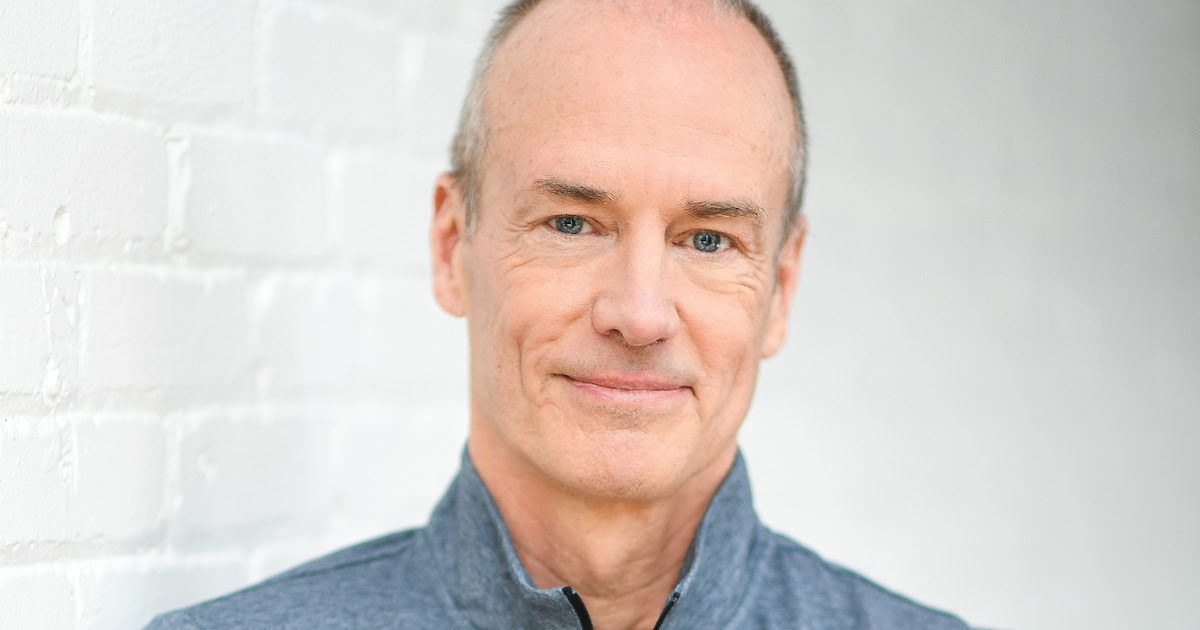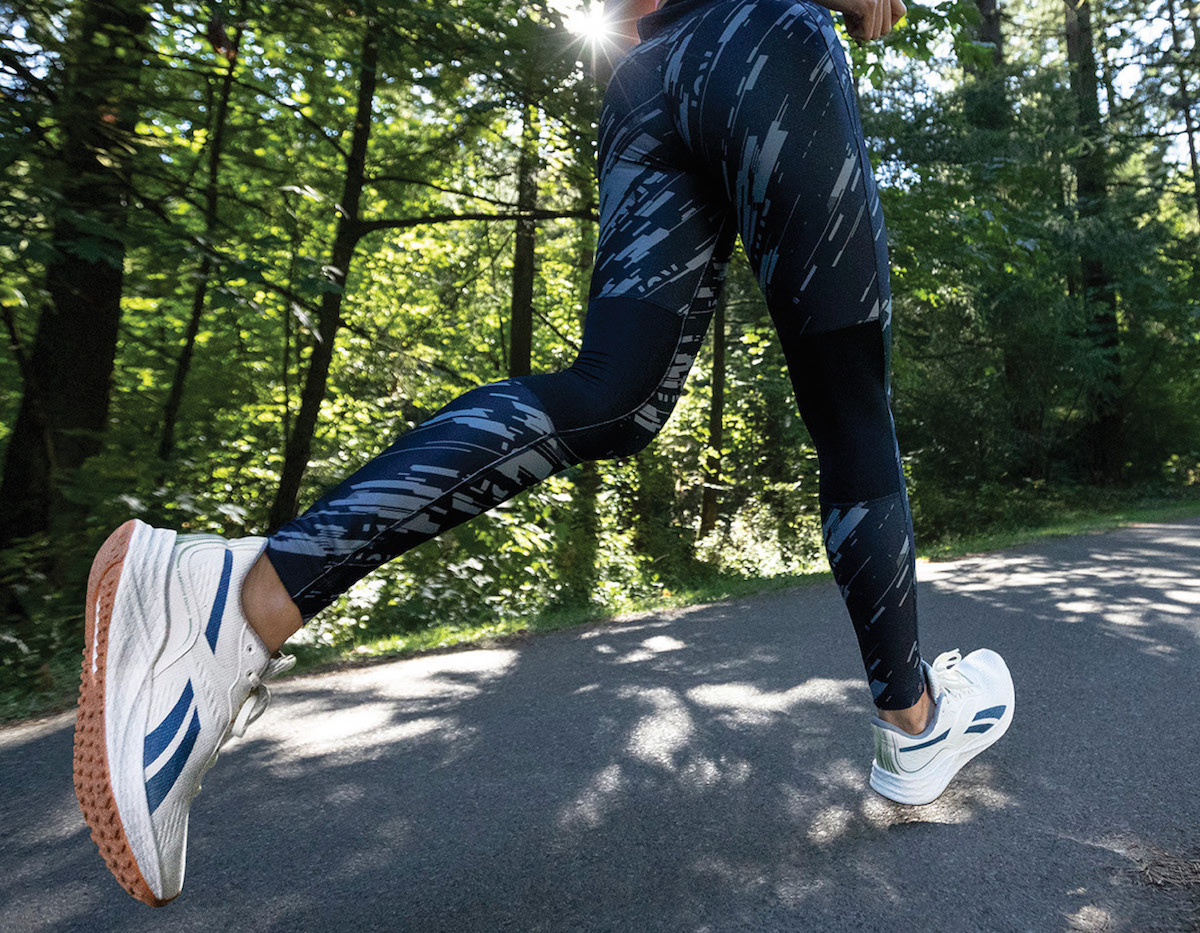Spreading Its Wings: Matt O’Toole
President Matt O’toole shares how Reebok is stepping into its full potential following the brand’s separation from Adidas.
Sometimes mergers and acquisitions work, and well, sometimes they don’t. Case in point: when Adidas bought Reebok in 2005, it seemed that together, the two footwear companies would be able to stomp out the competition and become a force to be reckoned with. However, they never really had that synergy, or if they did, it was never capitalized on.

So, for the past decade-and-a-half, Reebok has been playing second fiddle to its big brother. And now, that it’s been set free, President Matt O’Toole, who’s been with the global footwear company for 13 years and in his current position for six, is optimistic the brand can finally step into its full potential.
"Reebok is at a pivotal juncture for the business and the brand," he says. "We are in the middle of this process and financing a new business, building everything anew. It’s an exciting time for us because we see our business trajectory on a very good path, and we also see this as an opportunity to spread our wings and realize the full potential of the Reebok brand."
The timing couldn’t be better. While COVID-19 has presented quite the challenge, it’s arguably also brought just as much opportunity. For Reebok, that opportunity lies in what a population that’s living through a global pandemic and, therefore, focused on health and wellness more than ever, wants to wear.

"One of the things that’s most favorable for our industry, and particularly for Reebok, is the fact that the consumer’s wardrobe of choice right now is sportswear and sneakers for whatever the occasion," Matt shares. "People want to express that they’re sporty. And it’s not just a Western trend, it’s really a global trend at this point."
It aligns perfectly with Reebok’s mantra that life isn’t a spectator sport, it’s something to be active in on every level. "This is reflective of our values of movement as in fitness and in the importance of movement in terms of activism and participating in life," he explains. "Our consumers are living at this intersection of physical, active sport and their own active and passionate pursuit of what’s important to them. This idea is what has informed our product offering. It’s where we’ve, historically, always had success as a brand."
That’s why you won’t see Reebok investing all its innovation dollars into creating shoes that make its consumers run faster and jump higher like some of its competitors. Matt adds that doing so would not only leave behind a lot of its iconic sneakers like the Classic Leather and Club C, but it would completely overlook the brand’s identity and its consumers’ wants and needs.
"What we’re doing now is infusing technology and fresh storytelling into these historic models that our consumers know and love, bringing about a perfect combination of sport performance and the familiarity of a more everyday, casual product. That’s what’s really working for us now," he reveals.
Ultimately, our goal is to make footwear that is fully biodegradable. You can dig a hole in your garden and plant your shoe right there.
As part of the company’s growth strategy, Reebok aims to create an even stronger relationship with its consumers through its digital presence. "We’re outpacing the industry in digital growth. We’ve already over-indexed compared to our competition in digital sales to our consumer in this pandemic world," Matt says.
"Even more, we’re building a whole digital ecosystem called Reebok UNLOCKED for our consumer that’s both fitness minded and activism oriented. It’s part of our transformation from a more traditional business model that’s focused on our retailers to resell our product, to a business model which is much more direct to consumer between a digital experience and the brick-and-mortar stores we operate."
As the company sets its sights on the future, Matt says it’s looking at its success and that of the planet’s as one and the same. "Our focus now is on building sustainable products," he reveals. "We made a commitment that by 2025, we will no longer use virgin polyester, so everything will be recycled plastics or polyesters. We’re almost halfway there now.
"We also have an exciting project that we’re working closely with a group of suppliers on, which is centered around making products exclusively from plants like beans and corn. Ultimately, our goal is to make footwear that is fully biodegradable. You can dig a hole in your garden and plant your shoe right there. We still have some work to do, but we know it’s definitely achievable."
Proudly supported by: